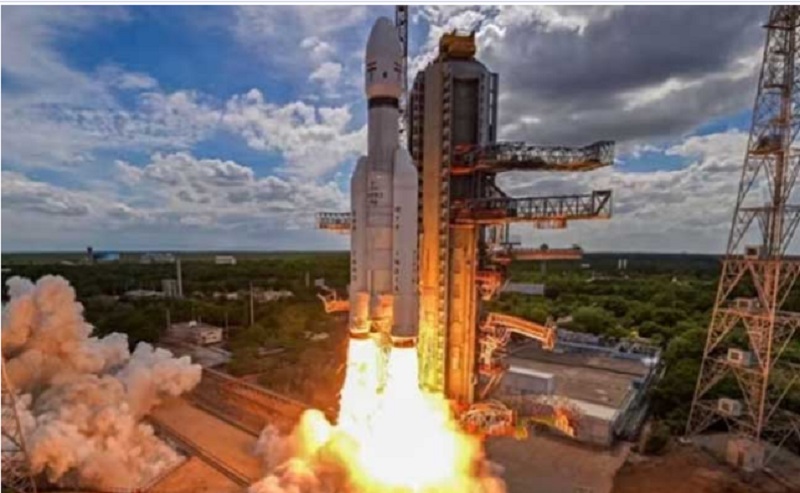India is gearing up for the launch of the Earth Observation Satellite-09 (EOS-09) aboard the Polar Satellite Launch Vehicle (PSLV-C61) on May 18, marking a major milestone in India’s space exploration journey.
This will be the 63rd launch of the indigenous PSLV and the 101st mission to be conducted from the Satish Dhawan Space Centre in Sriharikota, Andhra Pradesh.
“The launch is scheduled for 5:59 am on May 18. PSLV-C61 will carry the EOS-09 satellite into space,” ISRO Chairman V. Narayanan said.
The PSLV, or Polar Satellite Launch Vehicle, is India’s most reliable and versatile launch vehicle, developed by the Indian Space Research Organisation (Isro).
Since its maiden flight in 1993, PSLV has completed over 60 missions, launching satellites into various orbits, including sun-synchronous, geostationary transfer, and sub-geosynchronous transfer orbits.
The PSLV’s unique four-stage design-alternating between solid and liquid propulsion-enables it to deliver payloads with high precision and flexibility.
The EOS-09 satellite, weighing 1,710 kg, is equipped with a cutting-edge C-band Synthetic Aperture Radar (SAR), enabling it to capture high-resolution images of Earth’s surface, day or night, in all weather conditions. It will be placed into a Sun-Synchronous Polar Orbit (SSPO), ensuring consistent lighting conditions for Earth observation.
This all-weather, round-the-clock imaging is crucial for applications ranging from border surveillance and national security to agriculture, forestry, flood monitoring, and disaster management.
ALSO READ: ISRO successfully conducts vacuum ignition trial of cryogenic engine
The PSLV has a remarkable success rate, having launched numerous critical satellites for India and international clients. Its reliability and cost-effectiveness have made it the backbone of India’s space program.















